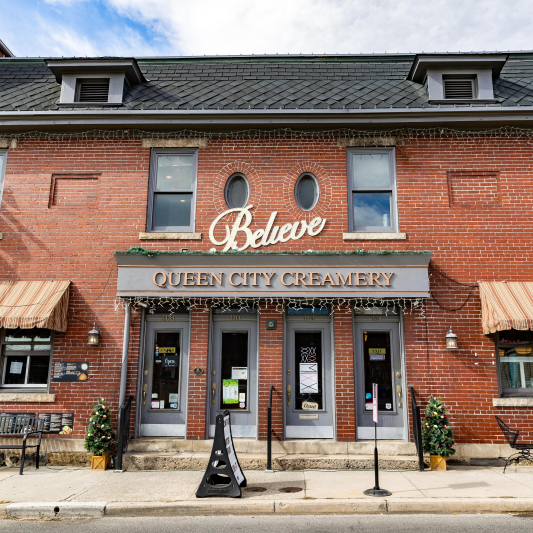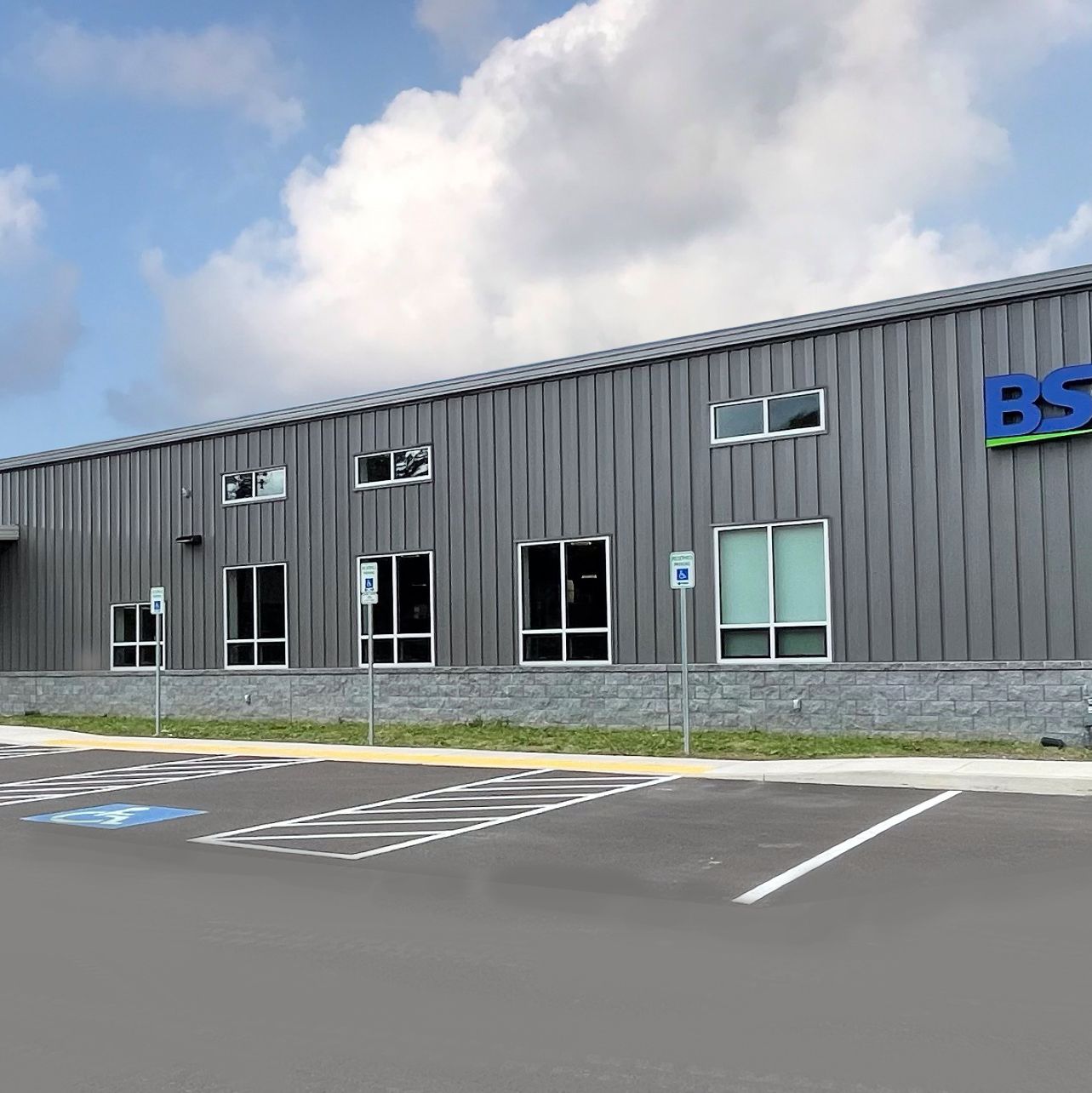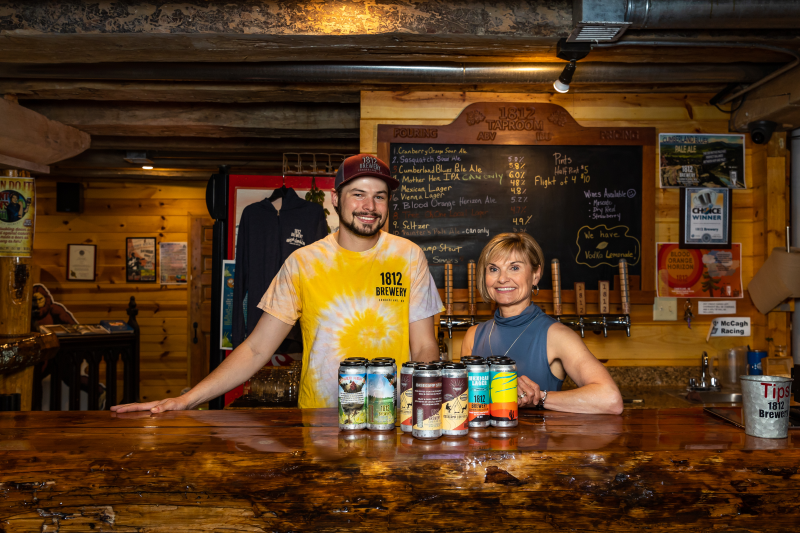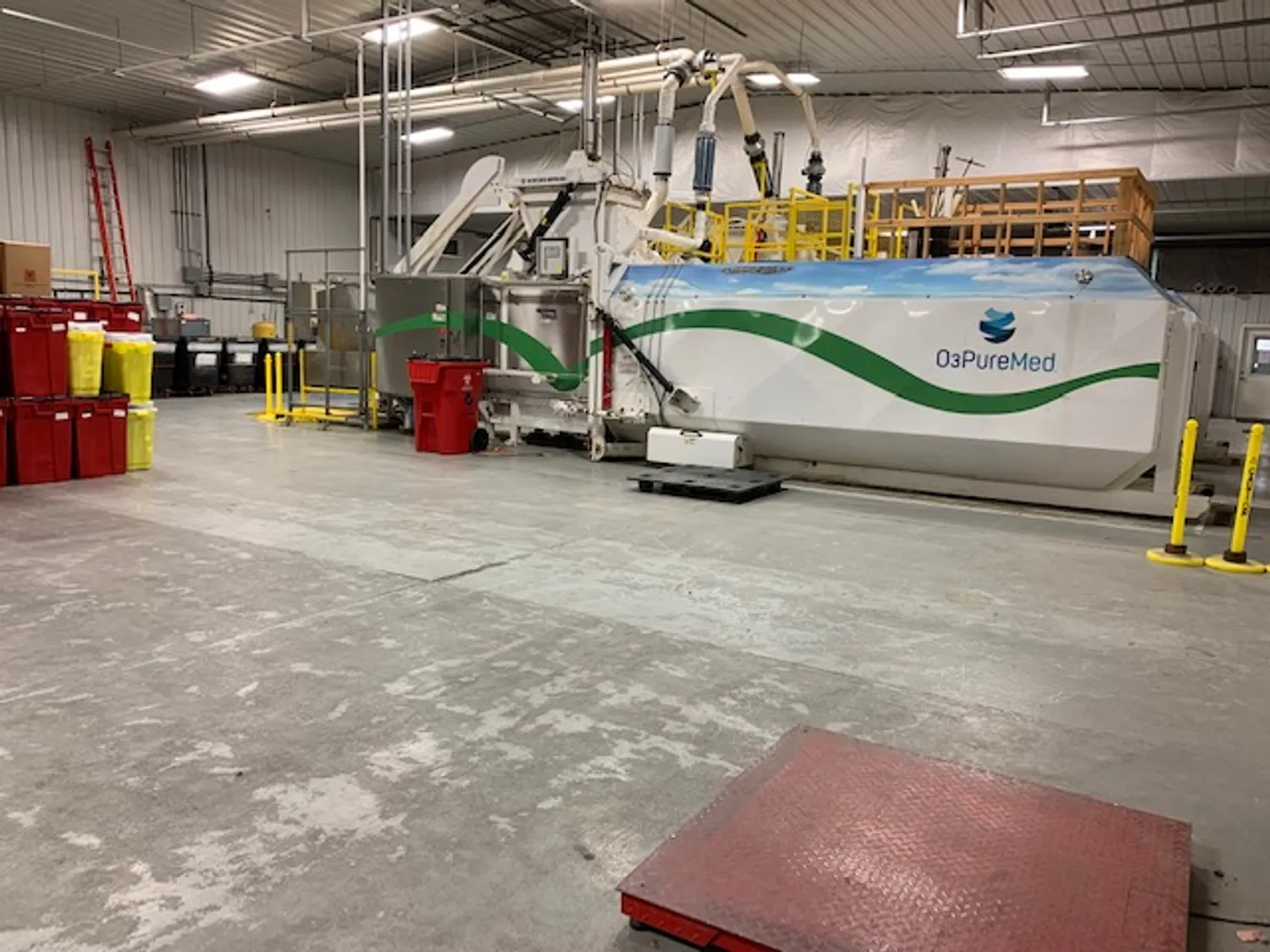
Clym Environmental Services, a leading player in the field of waste management, is at the forefront of a groundbreaking approach to handling regulated medical waste. The company is well-known for its expertise in three core service areas: safety consulting, life science and healthcare waste management, and facility decommissioning. Clym's forthcoming Allegany facility is poised to become the home of its newly developed technology, which promises to revolutionize the treatment of regulated medical waste, offering a more sustainable and eco-friendly solution.
According to Charles Watts, President and Managing Member of Clym, traditional methods of regulated medical waste treatment, such as incineration and autoclaving, have remained largely unchanged since the 1980s. These methods still result in waste ultimately being disposed of in landfills, contributing to greenhouse gas emissions. On a large scale, millions of tons of regulated medical waste are generated annually. For every million pounds subjected to thermal treatment, over 500 metric tons of greenhouse gases are emitted, resulting in hundreds of thousands of tons released into the atmosphere each year. In contrast, Clym's technology utilizes ozone-reformed ambient air as a disinfectant, producing only oxygen as a byproduct. This approach eliminates hazardous emissions, high temperatures, and water usage, making it one of the most environmentally safe ways to manage regulated medical waste.

“We began working on a process to treat regulated medical waste in a new and effective way,” explains Watts. "Our technology represents a milestone in the nation and the world.”
“We’ve had this technology for the past four years, and we’ve processed several million pounds of regulated medical waste a year in our facilities using this process,” explains Richard Police, Clym’s Director of Business Development. “So, it’s not ‘pie in the sky.’ We’re confident in what we’re doing and in what we’re going to accomplish.”
Amid a growing focus on sustainability, Allegany County emerged as the ideal location for Clym's innovative facility.
“We were looking for opportunities to establish a regional facility to house our new technology,” says Watts. “There were incentives available in Western Maryland for creating green jobs and sustainability technologies to support the already thriving biotechnology industries in the eastern part of the state.”
"Our technology represents a milestone in the nation and the world.” Charles Watts, Clym President and Managing Member
Watts adds that after speaking with the Allegany County Department of Economic and Community Development, the “synergies became immediately apparent,” and the support has continued throughout the development process.
“We’ve worked with folks at the federal, state, and local level, and we have found that no group has been more supportive or more entrepreneurial in their thinking,” he says. “They have been nothing but wonderful to work with, and it shows you that they are serious about bringing new technologies that have a clear correlation to sustainability and protecting the environment.
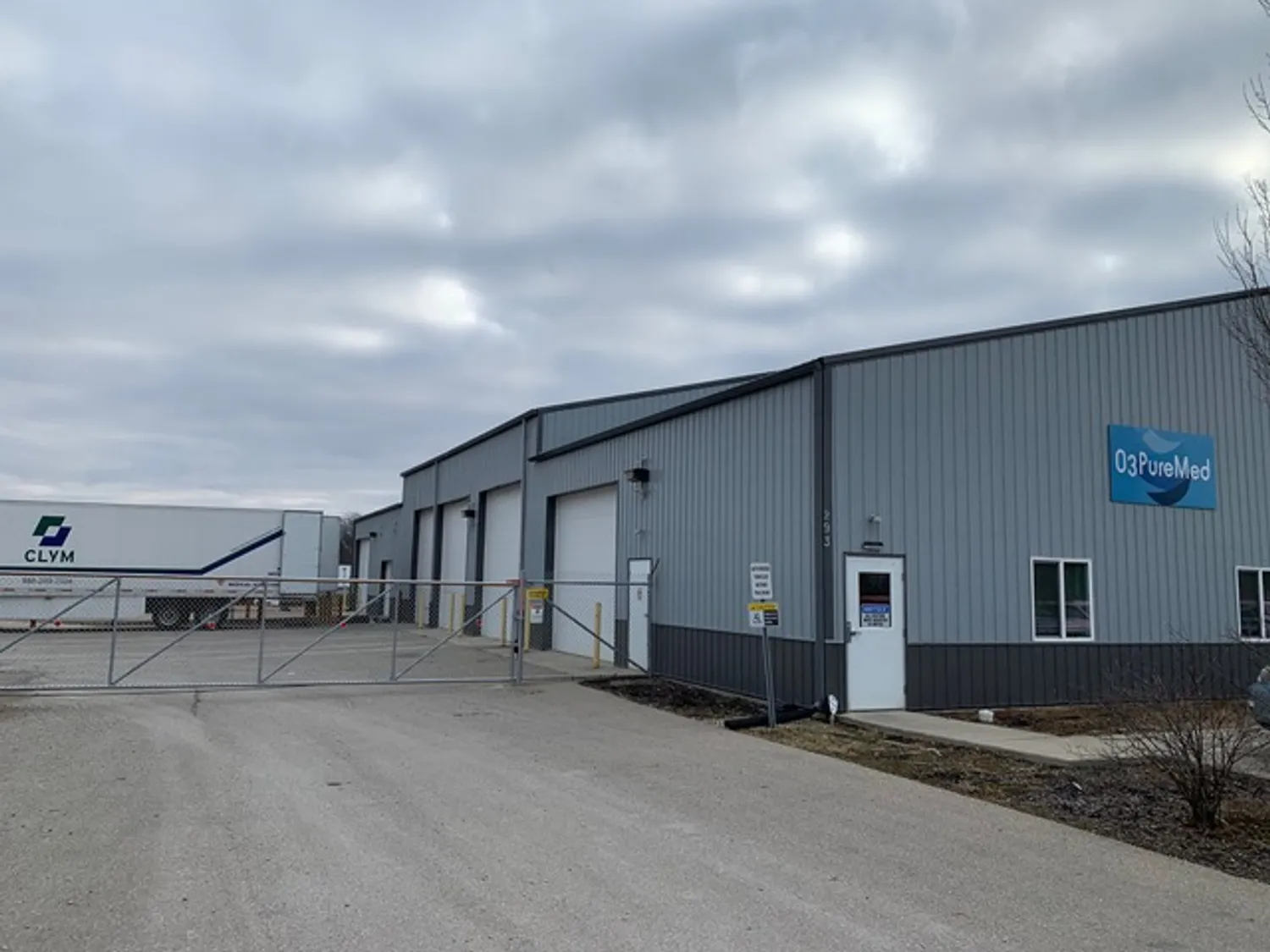
Regarding job opportunities, Watts envisions employing staff for facility aggregation and device sales, initially requiring approximately 75 positions. He emphasizes their desire for passionate and adaptable individuals eager to contribute to a meaningful cause.
“Our process is so unique that there is not really anyone in the country who will have experience doing this work. We want to hire people who want a job where they can see a tangible environmental return on their work effort. They aren't solely seeking a paycheck; instead, they aspire to witness the positive impact their job allows them to make. We’re looking for people who are fired up,” he says. “We’re going to be the first in the state of Maryland, in the United States and the world, to help change our environment for the better in this way. This moves the needle regarding clean air, global warming, and greenhouse gas emissions. It's a big deal.”
"[The Allegany County Department of Economic and Community Development] is serious about bringing new technologies that have a clear correlation to sustainability and protecting the environment.” Charles Watts, Clym President and Managing Member
Watts envisions a future where Clym's technology replaces autoclaves, potentially creating hundreds of job opportunities.
“If this were to hit, and we were to be a viable replacement technology for autoclaves, for instance, the annual autoclave market in North America is $2 billion per year — and that’s just for new units, not repairing or keeping the old ones that are in place — there are 1000s of these things all over the place, there would be a potential for hundreds of roles,” describes Watts.
While the company is in the early stages of the project, the Allegany County facility is set to be operational within the next year. The site plan, recently approved by the Frostburg Board of Zoning Appeals, signifies a crucial step forward in developing this innovative regulated medical waste management solution.
To read more about other projects underway in Allegany County, click here.
